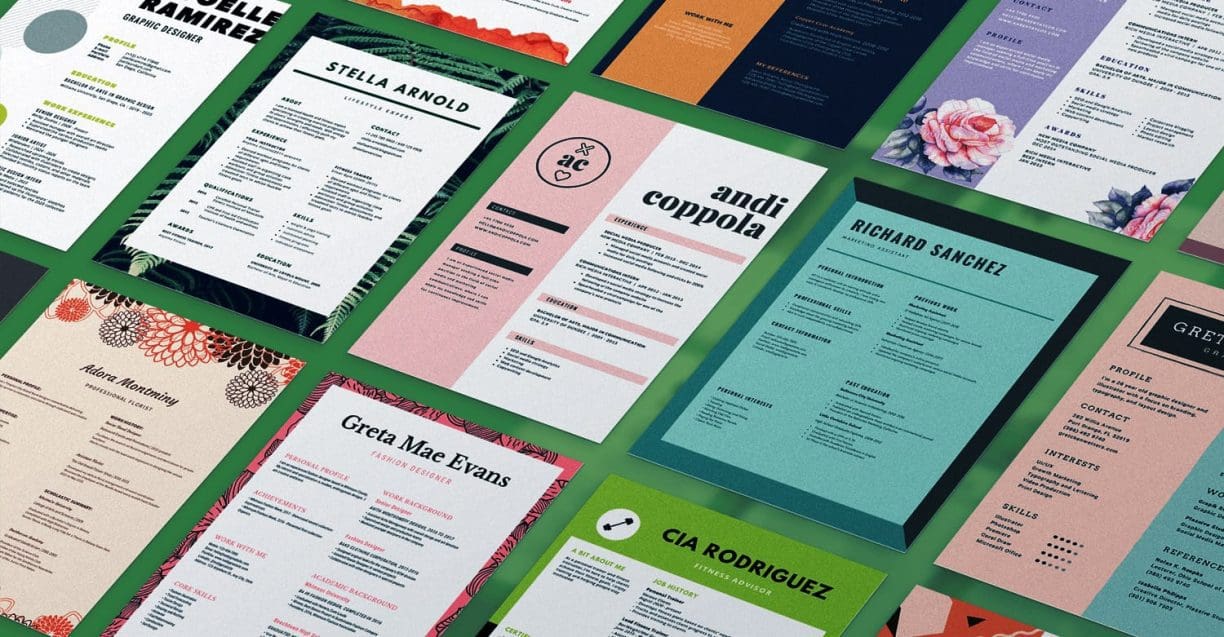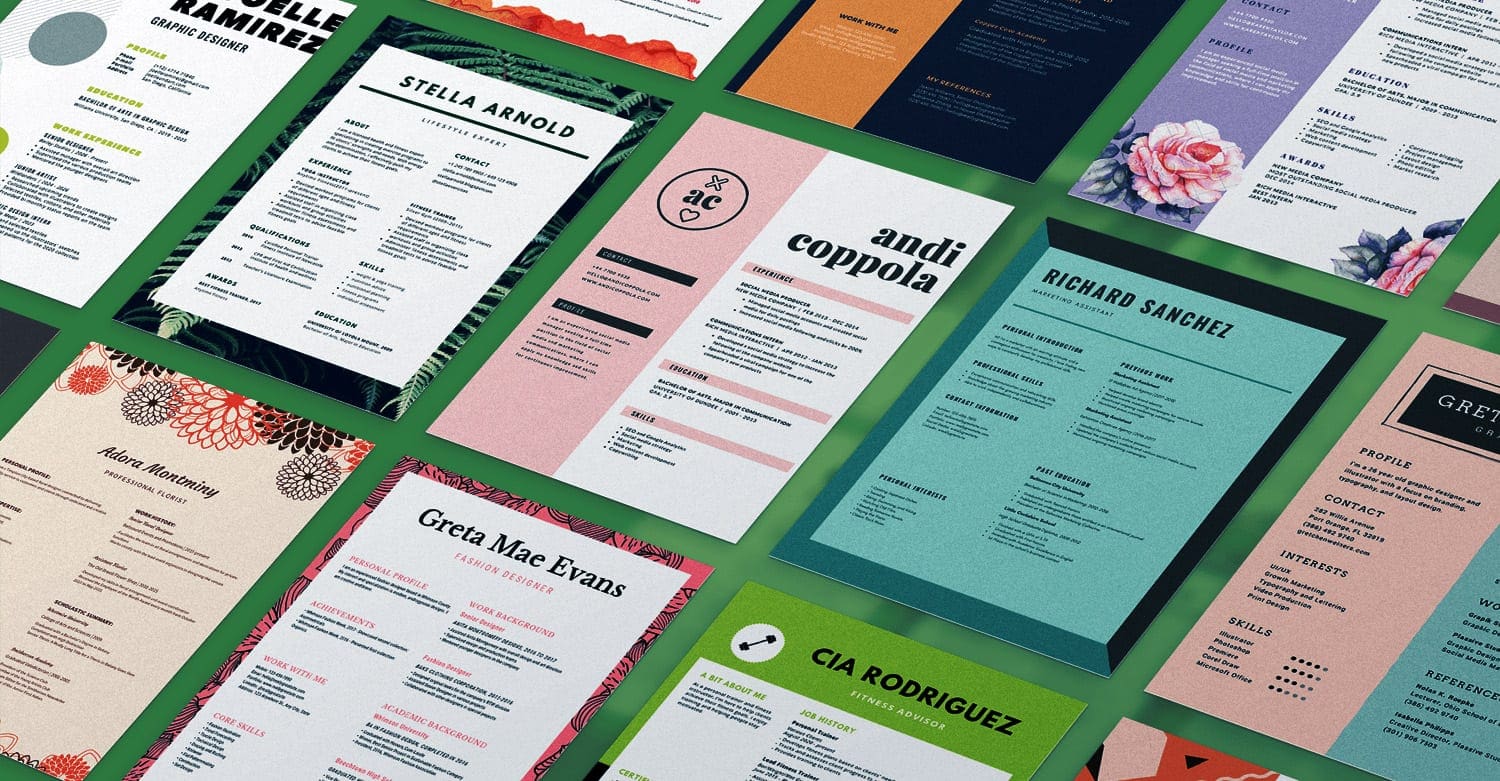

Using headings, jot down all your qualifications, educational experience, employment history, personal history, hobbies, interests, etc. Consider what you’ve gained from these experiences – insights, skills, communication tools, personal growth – and write them down in note form.

Using headings, jot down all your qualifications, educational experience, employment history, personal history, hobbies, interests, etc. Consider what you’ve gained from these experiences – insights, skills, communication tools, personal growth – and write them down in note form.

Using headings, jot down all your qualifications, educational experience, employment history, personal history, hobbies, interests, etc. Consider what you’ve gained from these experiences – insights, skills, communication tools, personal growth – and write them down in note form.
Using headings, jot down all your qualifications, educational experience, employment history, personal history, hobbies, interests, etc. Consider what you’ve gained from these experiences – insights, skills, communication tools, personal growth – and write them down in note form.
Be prepared to target each job and craft your CV accordingly. Your CV should change focus depending on the specific job for which you are applying. Be sure to address all the requirements in the job description. Avoid vague statements like “seeking a rewarding position”.
Prioritise your achievements by impressiveness and relevance to the job you want and get that information stated early in your CV. Use power words such as “developed,” “managed,” and “designed” to emphasise your accomplishments. Make the most of your good points but don’t exaggerate or falsify them.

Don’t include all your history, just highlight the important details. These include skills, insights and abilities, as well as academic qualifications and insights from your studies and experience that will be relevant to the job you are applying for. Eliminate all unnecessary details.

A CV should be about two pages in length, unless you have a lot of relevant work experience to include. HR departments may have many CVs to read, so keep yours concise and relevant.

- Name, address, telephone number(s), email address, date of birth.
- ID/Passport Numbers can have blanked out digits (Eg. 8509220134***7)
- Nationality, languages spoken, visa and work permit status if applicable.

- List most recent qualifications first.
- Dates, institution, type of degree.
- Degree classification. List only relevant courses studied.
- Include Technical qualifications, achievements and positions held.

- List most recent qualifications first.
- Dates, institution, type of degree.
- Degree classification. List only relevant courses studied.
- Include Technical qualifications, achievements and positions held.

These add a personal dimension to your CV and can make your more relatable to potential employers. Include all relevant information that speaks to your character.

Be general about your long term aspirations unless there is a specific career path you wish to follow. Be prepared to craft this section for each job application. Short term objectives belong in a cover letter unless they are clearly defined.

- Use standard margins (1″ top and bottom, 1¼” on the sides).
- Space the text for clear reading.
- Use professional fonts like Times New Roman.

One spelling or grammatical error may cause your CV to be tossed aside. Ask a friend or colleague to read and analyse your CV and comment.





